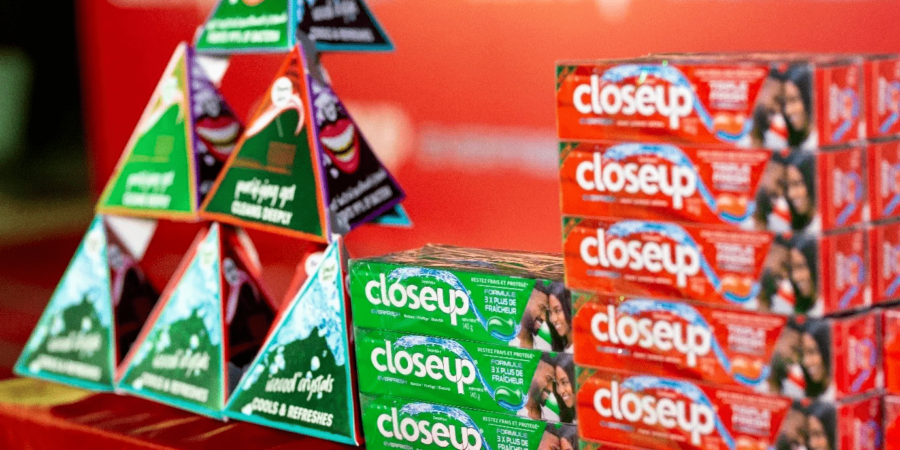Nigeria has been in the middle of one of the oddest cash crunches in history. Following a currency redesign, naira notes virtually vanished from banking halls, ATMs and POS shops. As a result, many people experienced a new way of being broke — having money but being unable to spend it.
It’s easy to see how this policy affects the average person: from changing their spending habits to making them embrace new digital payment methods. But the elephant in the room —inflation— is not sparing any level of the chain. Nigeria’s cash crunch is pushing several businesses out of operation and slashing profits for others.
Early this month, Nigeria’s Purchasing Managers’ Index, which measures private-sector activity, shrunk for the first time in almost three years. This pattern has been evident in the numbers we’ve seen from multinational companies.
The first casualty was Bajaj Autos, which signalled that it would cut down on the production of motorcycles in Nigeria —its biggest market —by up to 25 per cent in March. If it happens, then this production cut will lead to Bajaj Auto’s two-wheeler export volume dropping to its lowest since July 2020. Bajaj’s export volume stood at 100,679 units in January 2023 — the lowest in 30 months.
A few weeks ago, the Nigerian unit of Heineken NV, the world’s second-largest brewer, declared its worst February in 15 years because of the cash crisis. According to Hans Essaadi, the Chief Executive Officer, Heinekein’s local unit depends on cash for 80 per cent of its sales.
Recently, Unilever announced putting an axe to its Nigerian production, citing the region’s deepening economic malaise as the impetus for its decision. In short order, residents of Nigeria may find themselves bidding adieu to well-regarded products such as Sunlight, Omo, Closeup, LifeBuoy, Vaseline, Dove, or Knorr, as Unilever Nigeria has abandoned its interests in-home care and skin care in a desperate bid for profitability. These goods accounted for over half of the company’s 2021 revenue when gross profit rose 84%.
It’s up for debate that we haven’t seen the full squeeze in Nigeria’s private sector. Most companies have not declared their first-quarter earnings, but the outlook is bleak. For now, all we have are unanswered questions. How will Nigeria weather this storm? Will the private sector adjust or will more get squeezed out? Will the government help or not? And will its imminent swearing-in of a new president cause any change in the coming months? Only time will tell.






